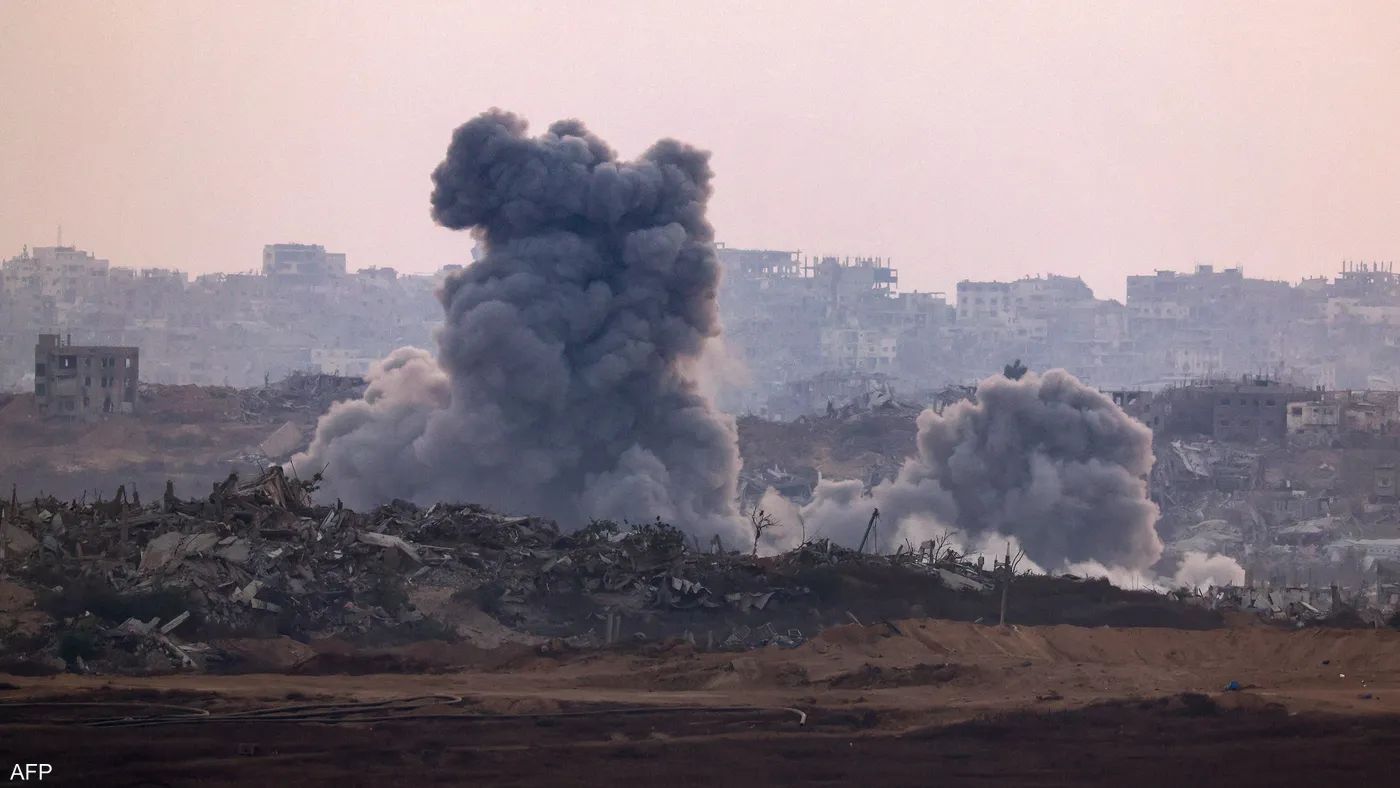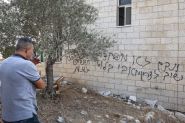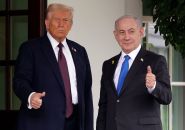- Home
- Middle East
- U.S. Seeks to Finalize Plan for International Security Force in Gaza

Israeli forces retaliated after a Palestinian attack on Israeli soldiers in Rafah. ©Al-Markazia
U.S. officials are engaged in sensitive talks with several countries about creating an international force to be deployed in Gaza, with a plan expected to be presented in the coming weeks, three sources closely involved told Axios.
The urgency of the initiative was underscored by an attack last Tuesday, which exposed the fragility of the ceasefire. An Israeli reservist was killed during a Palestinian attack on soldiers in the Rafah area of southern Gaza, the Israeli military said. The assault was followed by massive Israeli airstrikes, highlighting the ongoing tensions in the region.
A Complex and Sensitive Plan
The proposed force, part of President Donald Trump’s plan and referred to as the International Stabilization Force (ISF), raises politically delicate questions for Israel, Hamas, and the countries that might contribute troops. U.S. Central Command (CENTCOM) is leading the planning, which envisions the creation of a new Palestinian police force trained and vetted by the U.S., Egypt, and Jordan, alongside contingents from Arab and Muslim countries.
Countries including Indonesia, Azerbaijan, Egypt, and Turkey have expressed willingness to contribute, while others have voiced concerns over Gaza’s chaotic security situation. “Without reliable security and governance in Gaza, agreed upon by Israel, we risk being stuck in a situation where Israel will be attacking constantly,” a U.S. official involved in planning told Axios.
Deployment Conditions and Challenges
Under Trump’s 20-point plan, the ISF deployment is a condition for Israel to further withdraw from roughly half of Gaza’s territory it still controls. The force would secure borders with Israel and Egypt and prevent arms smuggling. However, deployment hinges on Hamas agreeing to relinquish authority and part of its weapons.
Some voices in Israel and the U.S. argue Hamas will never agree voluntarily, making renewed hostilities likely. Tuesday’s Israeli airstrikes in Rafah, in response to the attack attributed to Hamas, reinforced this concern.
U.S. officials view the ISF as a critical piece of preventing war, but stress it must not be rushed. “It is better to move slowly and get it right because we won’t have a second chance,” a senior U.S. official said.
Regional Cooperation and Obstacles
The ISF’s role has been central in recent visits by U.S. envoys Steve Witkoff and Jared Kushner, Vice President JD Vance, and Secretary of State Marco Rubio to Israel. Kushner and Witkoff consulted with senior Israeli officers, who emphasized the importance of legitimacy with the local population and operational effectiveness over the force’s size.
A major challenge remains: few countries are willing to send troops to confront Hamas or risk getting caught between Hamas and Israel. While Turkey has expressed willingness, Israel opposes any Turkish military presence in Gaza. The U.S. aims to involve Turkey, Qatar, and Egypt, seen as best positioned to convince Hamas to cooperate.
A top priority is gaining Hamas’ consent for the ISF deployment. “If Hamas perceives you as an occupying force, it will be difficult. But if it consents, the situation changes,” a source involved said. In that scenario, the force would not fight Hamas directly but would enforce peace and counter disruptive elements.
Current Situation in Gaza
U.S. and Israeli officials note that Hamas is currently using the ceasefire to rebuild and consolidate control, but its capacity is limited by the Egyptian border blockade and Israeli control of half the territory. Hamas is reportedly at its weakest point in nearly 20 years and faces pressure from several Arab and Muslim countries to disarm and cooperate with Trump’s plan.
Gradual Deployment and Legal Mandate
Discussions with Egypt, Qatar, and Turkey suggest Hamas could accept ISF oversight of borders and limited missions inside Gaza, provided fighters receive real amnesty. The force would initially deploy in southern Gaza, outside Hamas control, to create a secure zone for reconstruction.
Simultaneously, U.S. officials are drafting a U.N. Security Council resolution to support the ISF and provide a legal mandate for troop contributions while maintaining U.S. oversight of operations. Key decisions on the ISF’s structure are expected in the coming days and will be presented to Israel and potential contributing countries.
Officials told Axios they are seeking to learn from past peacekeeping failures in Lebanon and Afghanistan. “There is strong regional interest in participating. No country has rejected it, but all are waiting to see the final plan,” a U.S. official said.
Read more



Comments